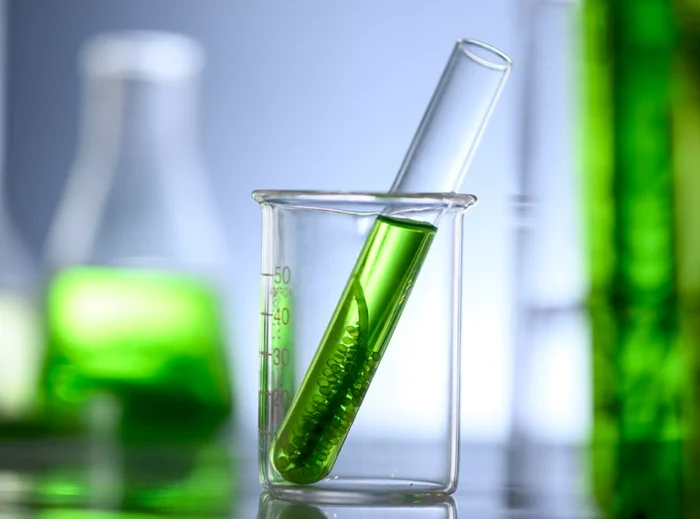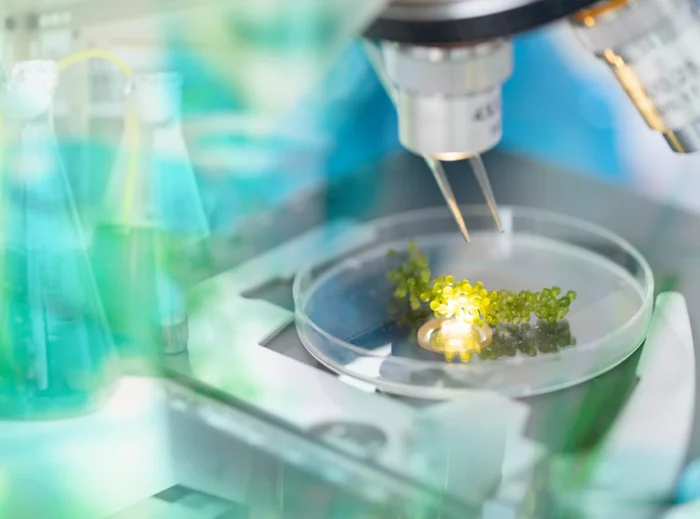The European Green Deal:
A plan to make Europe’s economy sustainable by turning climate and environmental challenges into opportunities.
About

The PROTEIN4IMPACT project is rethinking how we produce proteins—developing sustainable alternatives from unconventional sources. It evaluates their nutritional value, safety, and health benefits, along with environmental and socio-economic impacts.
By using by-products from the agri-food and fisheries sectors as raw materials, and exploring natural protein sources like fungi, bacteria, insects, and algae, PROTEIN4IMPACT supports a circular approach to protein production. Secondary by-products generated throughout the value chain are upcycled are for further use in food production or as energy for processing.
To ensure industrial feasibility, these new proteins are tested in food and animal feed applications. Advanced tools—including life cycle assessments, digital simulations, and AI-driven monitoring—help guide development. Consumer acceptance is evaluated through market research and taste testing.
With this comprehensive approach, PROTEIN4IMPACT is paving the way toward a more sustainable, efficient, and future-ready protein system.
The project is funded by the Horizon Europe programme.
PROTEIN4IMPACT brings together 18 expert partners from 13 European countries to create new protein-rich foods from unconventional sources. Explore the consortium.

Aligning with European and Global Sustainability Goals
Our approach is aligned with important European and global initiatives:
Farm to Fork Strategy:
Part of the European Green Deal, this strategy promotes fair, healthy, and eco-friendly food systems.
EU Climate Ambition for 2030 and 2050:
Targets to reduce emissions by 55% by 2030 and achieve climate neutrality by 2050.
United Nations Sustainable Development Goals (SDGs):
Global goals aimed at creating a better future, tackling issues like poverty, inequality, and climate change.
Circular Economy Action Plan:
A plan to reduce waste and make Europe’s economy more resource-efficient.
 Co-funded by the European Union. Views and opinions expressed are however those of the author(s) only and do not necessarily reflect those of the European Union or the European Research Executive Agency (REA). Neither the European Union nor the granting authority can be held responsible for them.
Co-funded by the European Union. Views and opinions expressed are however those of the author(s) only and do not necessarily reflect those of the European Union or the European Research Executive Agency (REA). Neither the European Union nor the granting authority can be held responsible for them.